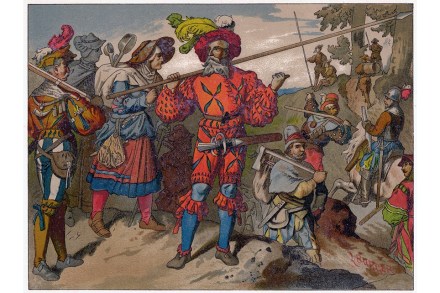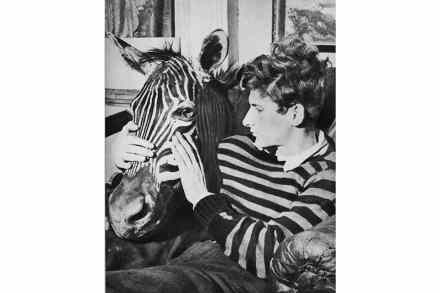Forgotten books worth rediscovering
Most readers have favourite books or authors they feel have been either forgotten or unjustly neglected. R.B. Russell, an assiduous book collector, did something practical about this when in 1990 he co-founded the Tartarus Press in order to bring the works of the once popular Arthur Machen back into print. Machen’s particular speciality was ‘weird fiction’, novels and stories that inhabit the borderland of this and other worlds, and Tartarus went on to reissue other authors in this genre, notably Robert Aickman and Sarban (otherwise the British diplomat John William Wall), as well as to publish new writers and a handful of classics. Fifty Forgotten Books inevitably includes a number





















